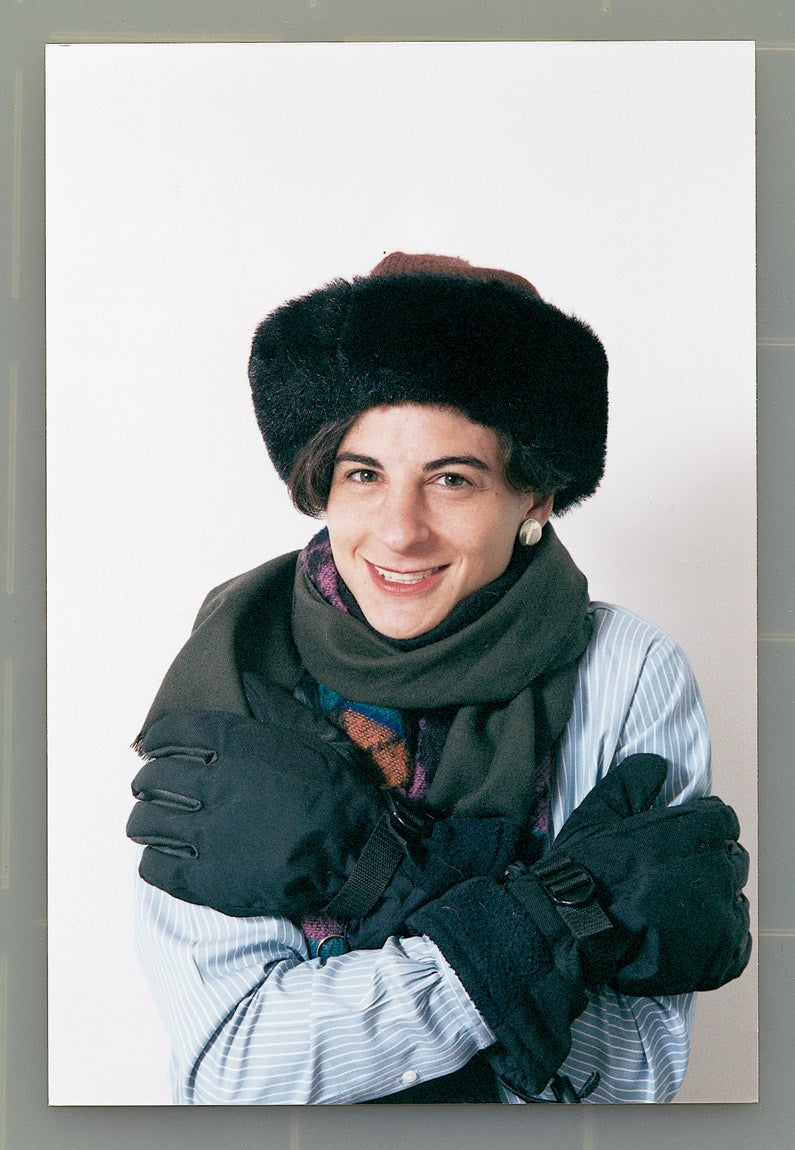When the World Wide Web first reached buzzword status in the mid-1990s, corporate presence on the Internet was comparatively small. Largely a network of single-user fiefdoms and fan clubs, sports nuts, and critic wanna-bes, the Internet was more about personal interaction than business transactions.
But as corporate America began to make its mark on the Web’s landscape, lawyers did as well. Worried companies started to clamp down on everything from music and software piracy to overzealous fan sites, and unsuspecting Web site operators found themselves in hot water with some of the nation’s largest conglomerates and their sophisticated legal counsel. Unable to afford legal advice or wade through confusing jargon, many Webmasters chose to shut down rather than suffer the threatened consequences. The result, critics say, has been a “chilling effect” on Internet speech.
But the outlook for Internet users got a little bit sunnier in February, when the Chilling Effects Clearinghouse debuted. The brainchild of Wendy Seltzer ’99, the student-operated Web site (www.chillingeffects.org) provides a repository of legal information covering Internet-specific problems with anonymous postings, copyright and trademark infringement, parodies, and fan fiction.
“As the whole range of expressive activities–of artistic, creative discussion–is hampered by more and more intellectual property claims, we’re getting away from the idea of what intellectual property law is supposed to protect, and the innovation that it’s supposed to promote,” said Seltzer, who started the site with partners from HLS’s Berkman Center for Internet & Society and the Electronic Frontier Foundation, an Internet civil liberties advocacy group.
“The Internet was supposed to allow, or has so far allowed, more people to become speakers and publishers and communicate with one another,” Seltzer added. “We’re seeing more and more companies trying to stop that.”
When Internet users receive a cease and desist letter or warning about offending content, they can turn to the Chilling Effects site, where law students at HLS, Berkeley, Stanford, the University of San Francisco, and the University of Maine analyze companies’ threats and post their results publicly. Their work allows users to learn basic information about Internet law before they shut down their sites or contact a lawyer. The site–which was programmed entirely by Seltzer–provides a form to enter the text of a cease and desist notice, and the resulting analysis is free. The project currently involves about 70 students and professors, with each school specializing in different areas of law. At HLS, Berkman Center Clinical Program Director Diane Cabell (who also secured the site’s trademarks and domain name registration) coordinates student research on trademark issues. Popular Web search engine Google has also teamed up: Now, when a user tries to find a site that has been removed, Google links the user to the corresponding cease and desist letter on the Chilling Effects Clearinghouse site.
The almost 200 letters the site has received so far bespeak the dizzying breadth and bizarre content of the Internet universe–and the myriad legal issues it inspires. Many companies work to shut down not only sites that are illegal, but those that criticize–or even promote–their products. Sites that send political messages, or criticize companies or products, often find themselves in hot water, such as EnronownstheGOP.org or another purporting to debunk the claims of the Church of Scientology. Radio Shack’s parent company was none too pleased about Radioslack.com, a site urging consumers not to shop at the national electronics chain.
Some of the conduct companies worry about may actually help them: Sony demands that fans not distribute programs that teach its robotic dog new tricks, while Weight Watchers cracks down on dieters offering Palm Pilot software tailored to its weight loss methods. Many film and television producers keep a watchful eye on “fan fiction” sites that offer homegrown plots or suggest alternative endings for episodes of favorite programs and movies. The same is true of fan sites that often use copyrighted material and display trademarked logos.
Seltzer says that in many of these cases, companies would benefit from leaving well enough alone: “Some of the companies have very good relationships with their fans. The savvy ones realize these are the people who appreciate their product most.”
Beyond its usefulness, Seltzer wants the site to be part of a broader political trend. “One of our goals is to publicize the problems here–to draw attention to the overreaching that trademark and copyright holders and corporations are using to stifle the speech of individuals and nonprofits,” she said. “We’re trying to draw attention to that problem and hope we can be part of the force against the increasing enclosure of the Net.”
Seltzer says she hopes Chilling Effects can recruit more student volunteers and cover more issues in the coming year. Santa Clara University School of Law has already signed on, and University of Maine students will be partnering with HLS in the trademark area. The site will also soon offer “weather reports” that describe what Seltzer terms the “chill” being felt in particular areas of Internet speech.
So how’s the weather now? Seltzer says things may be looking up: “I think intellectual property is finally becoming a political issue, something where the industry isn’t just going to be able to get things through Congress because nobody’s looking. This is an exciting way to make a difference–to help the little guys who really are the fabric of the Internet.”
And with more than a million hits to the site in its first week alone, the little guy need not worry: Somebody is paying attention.
